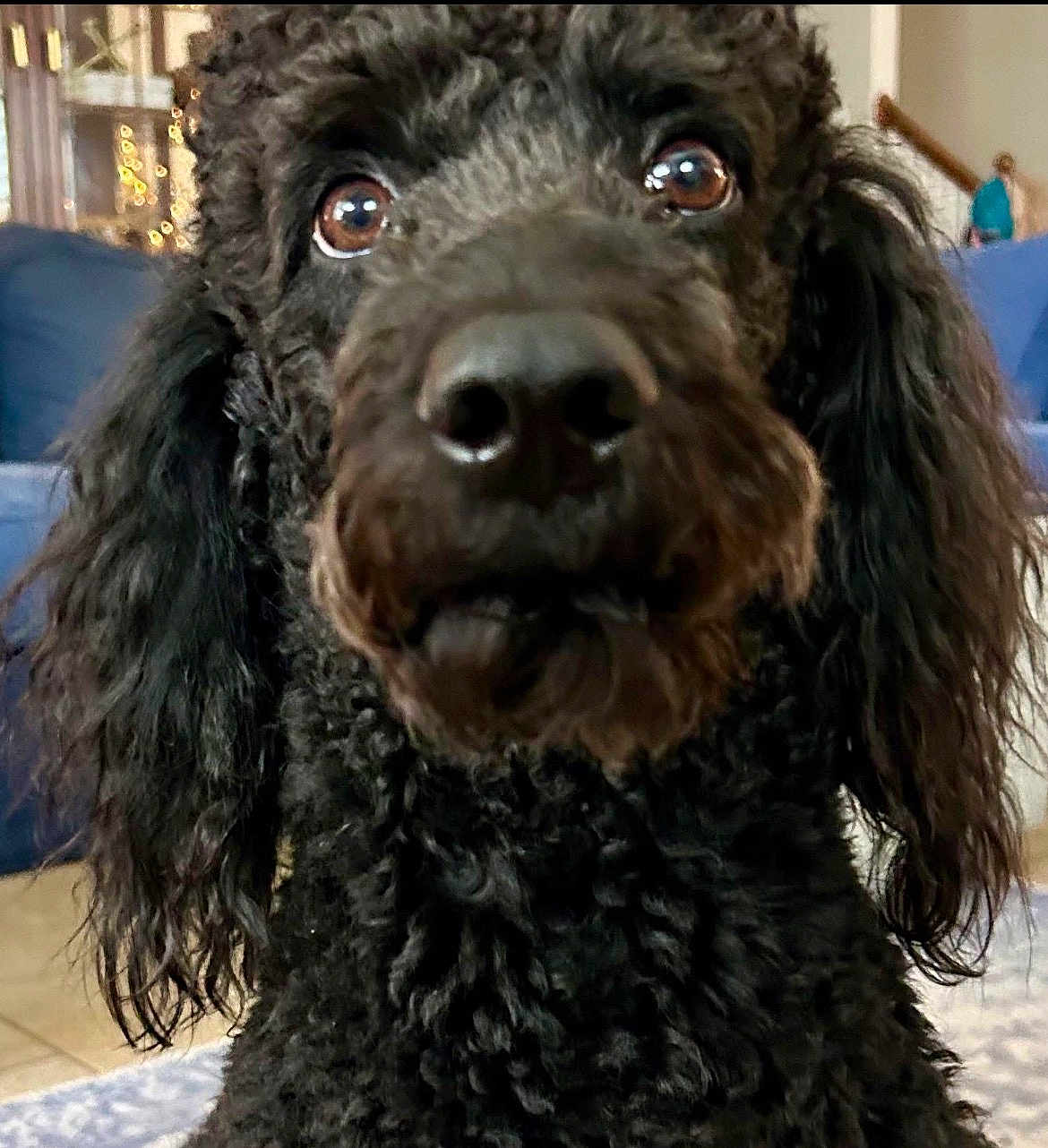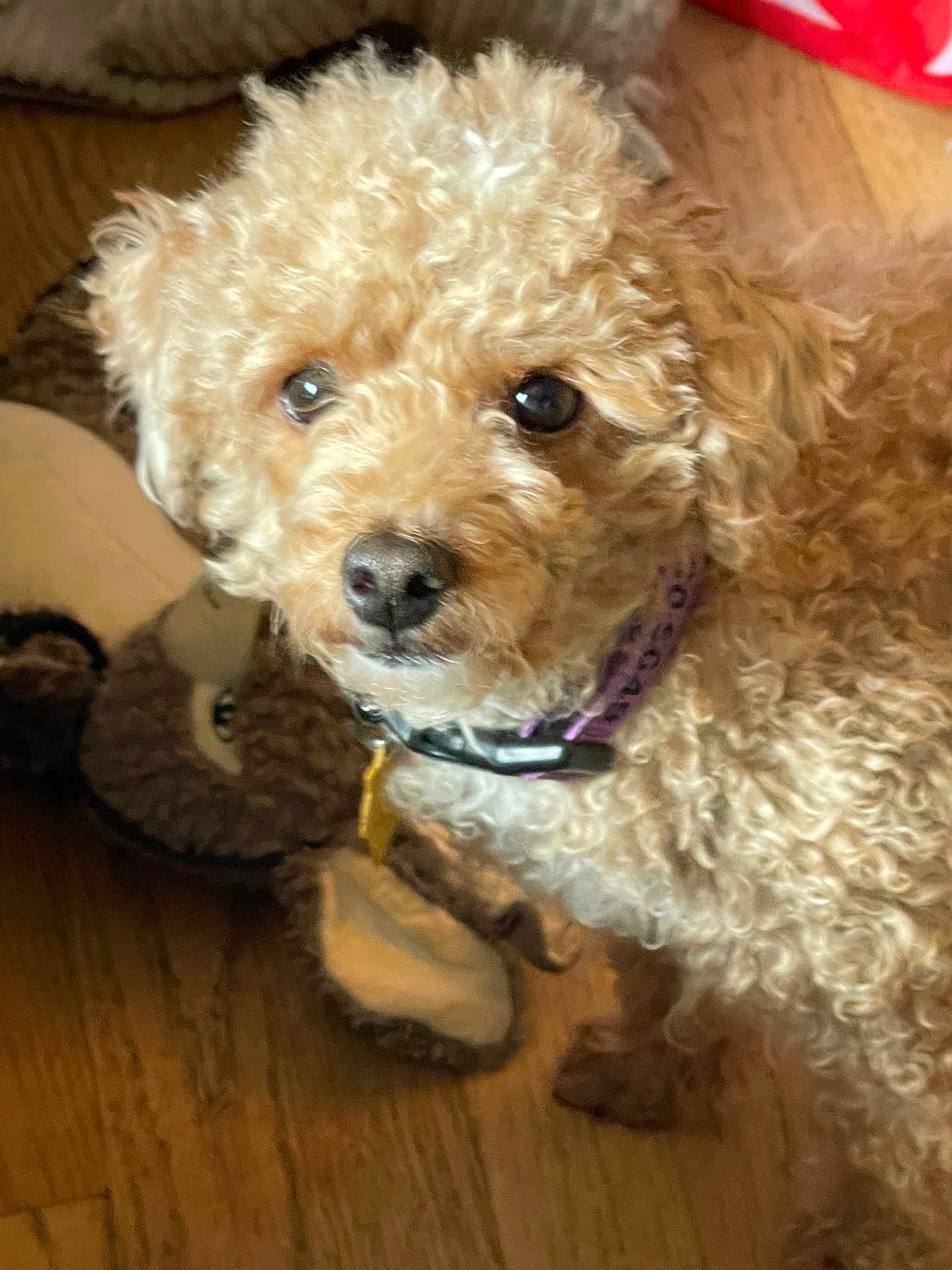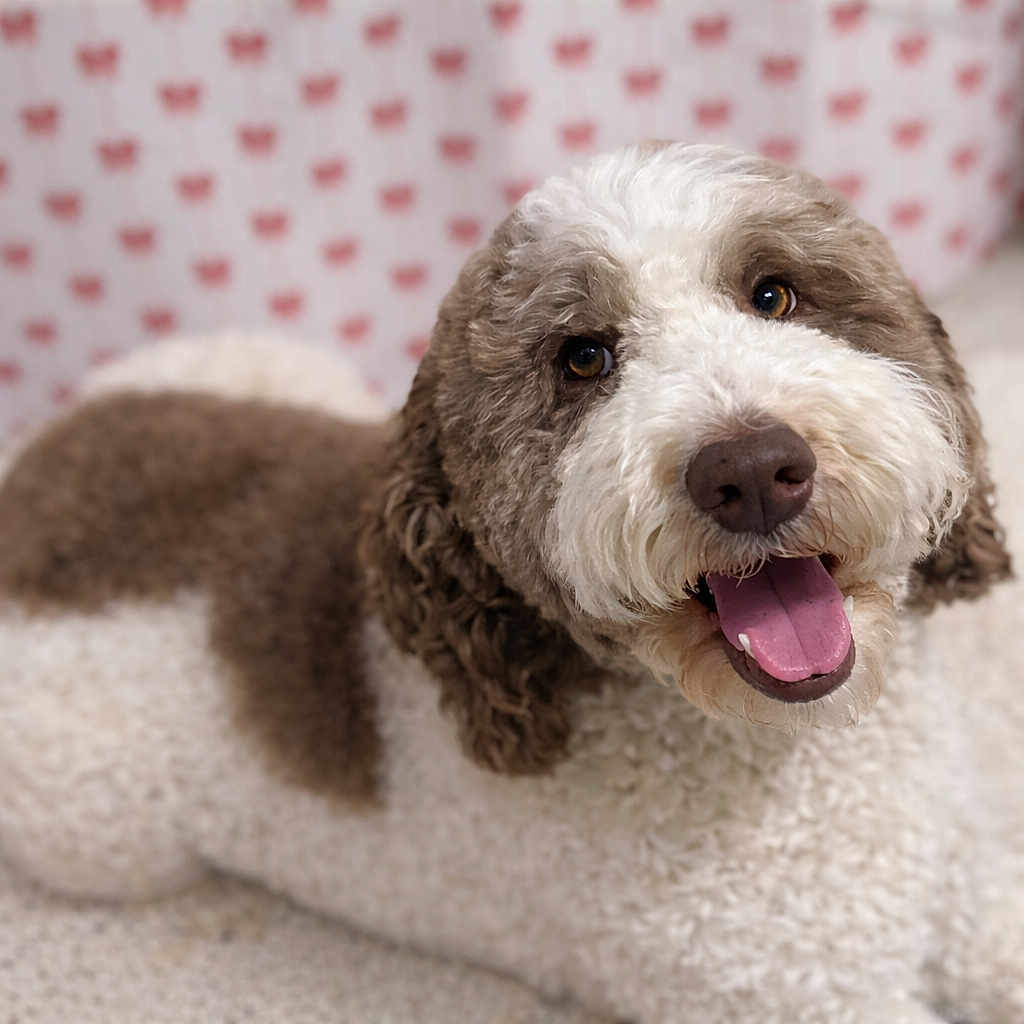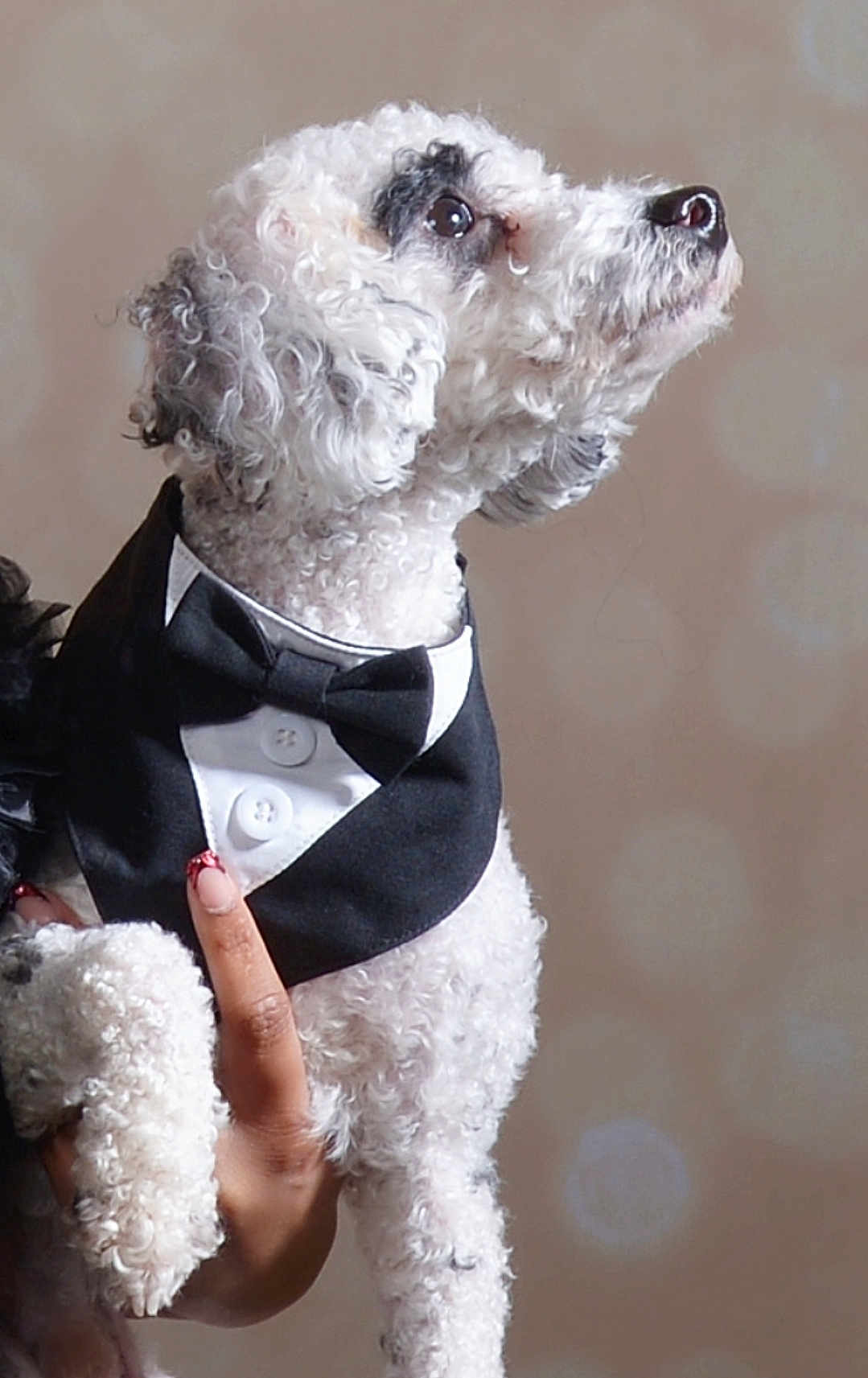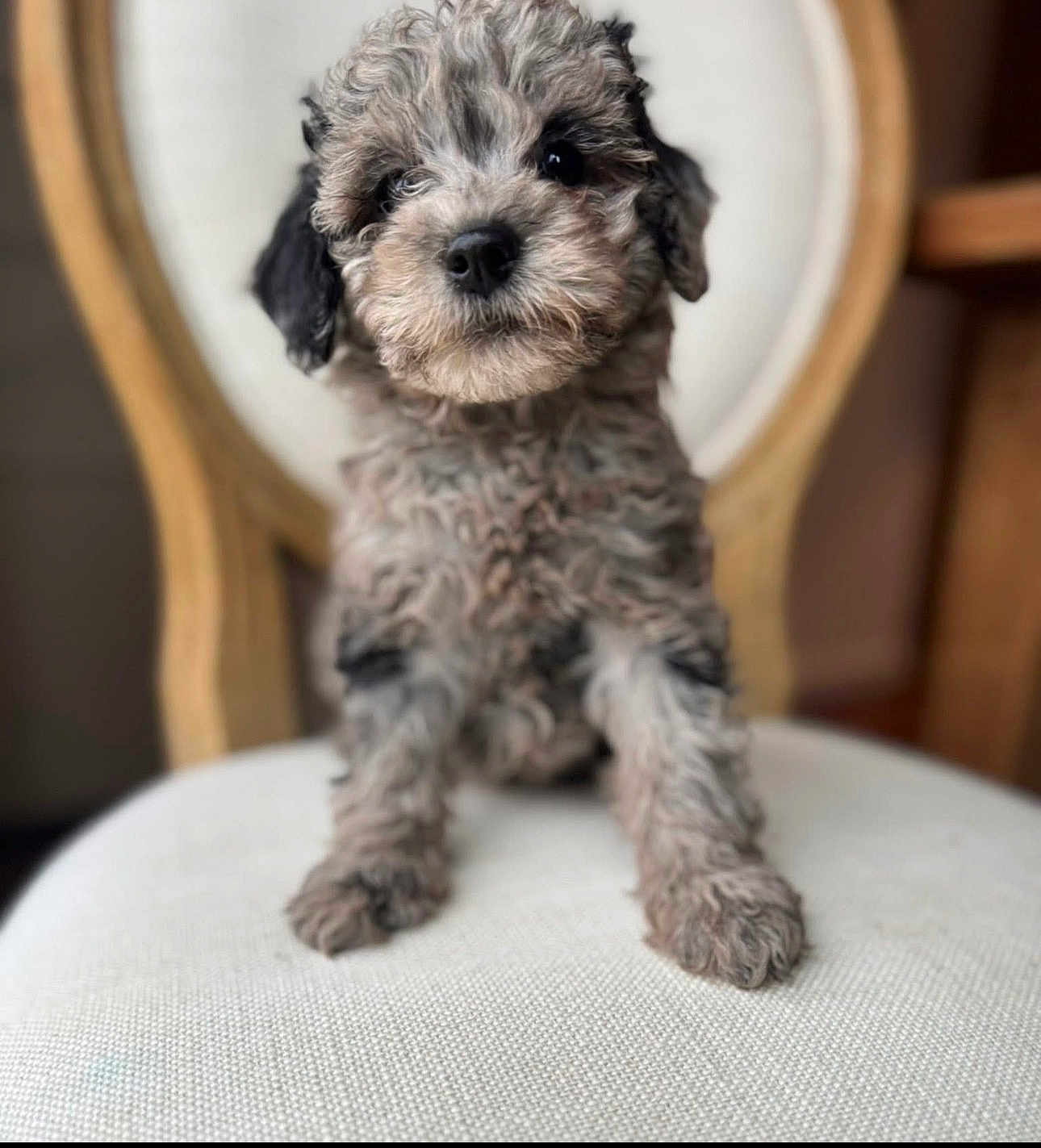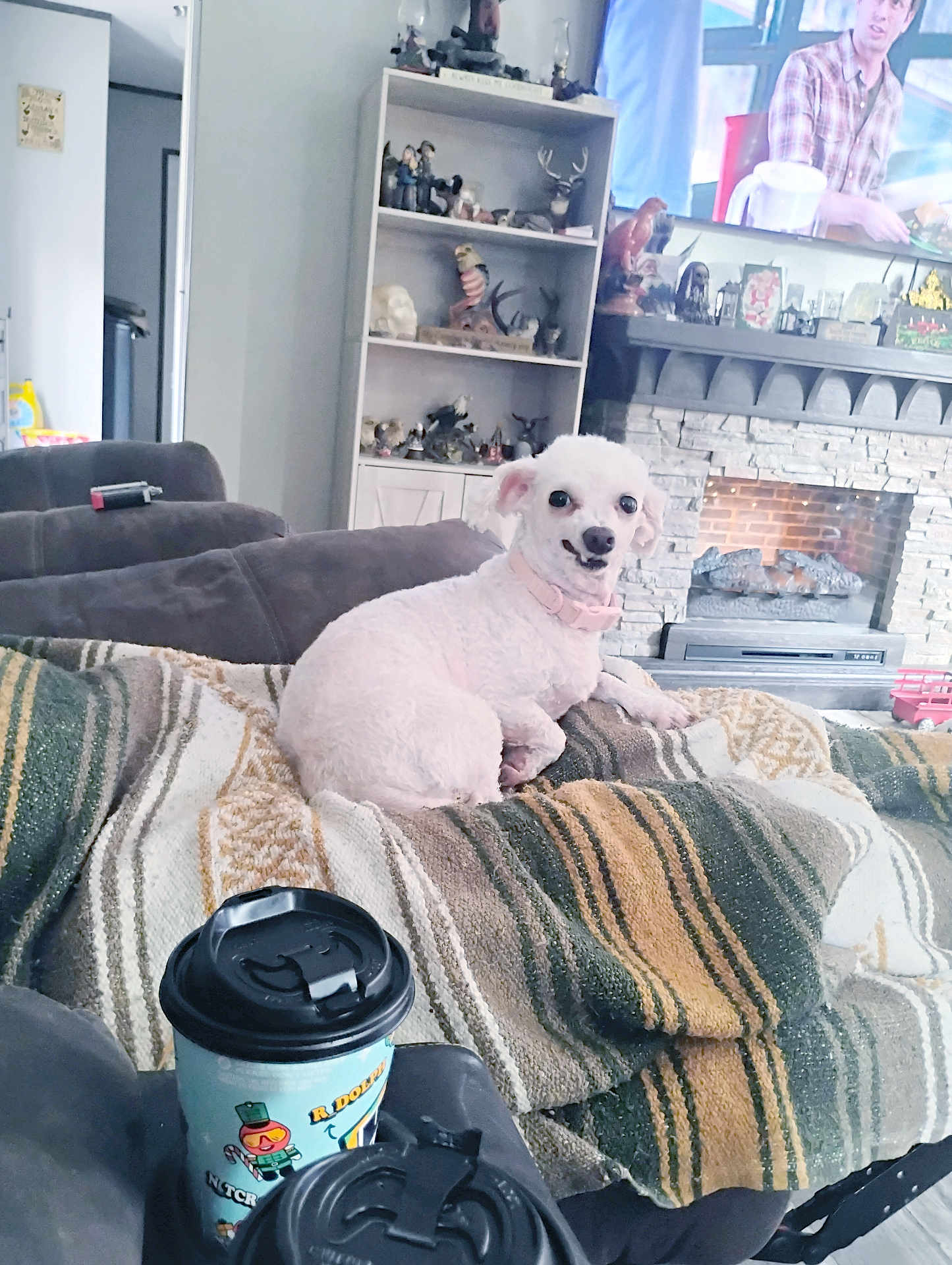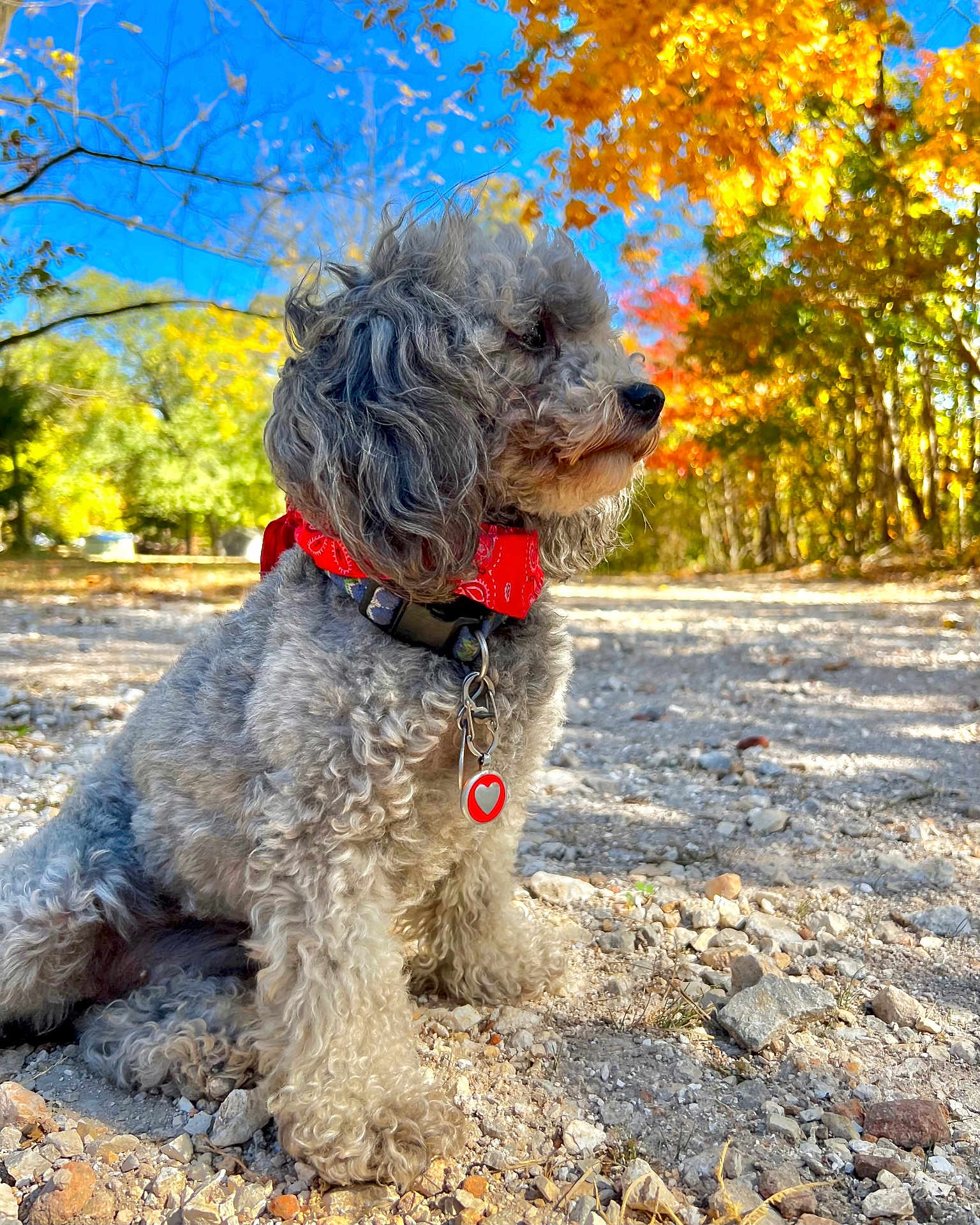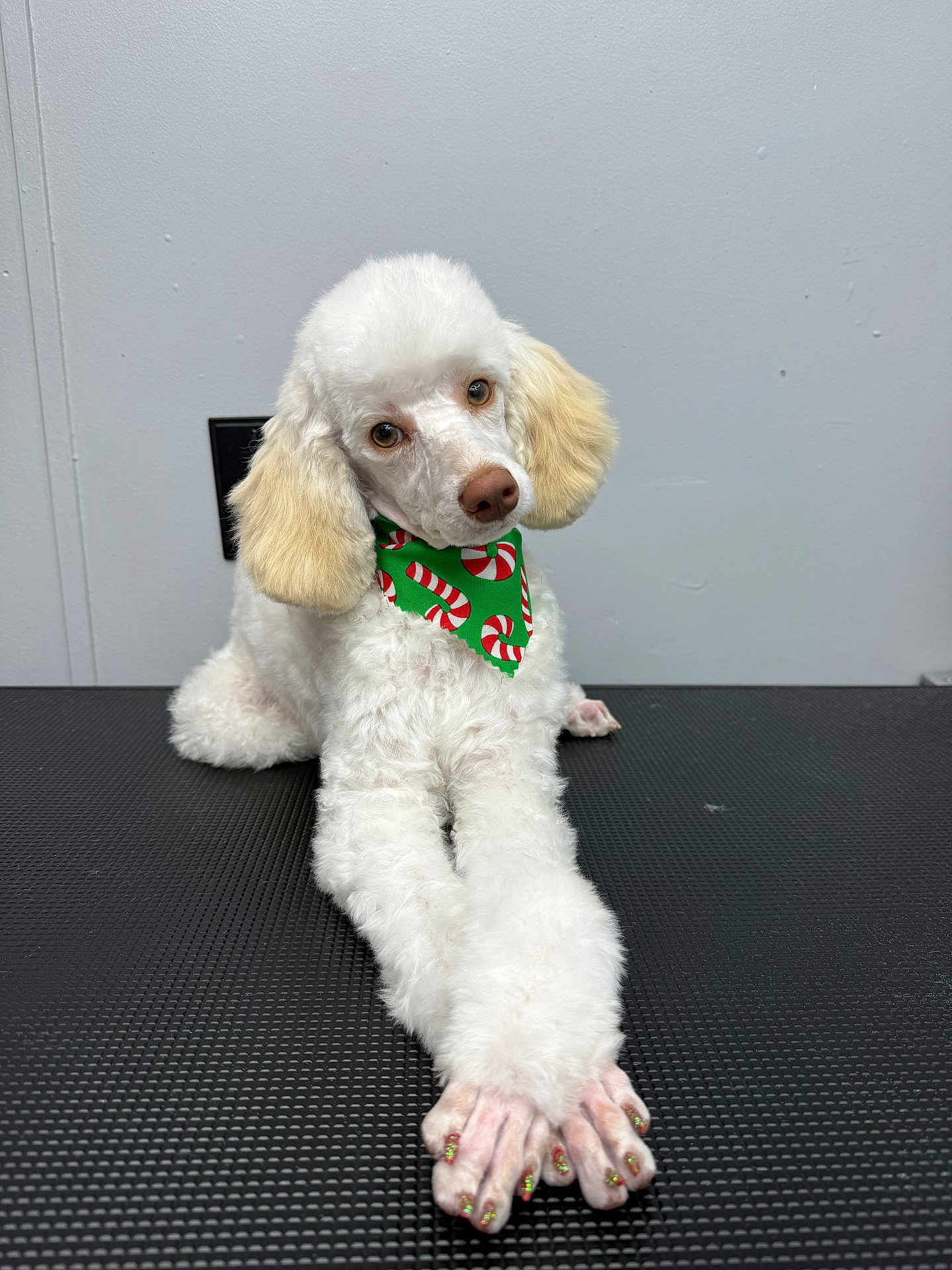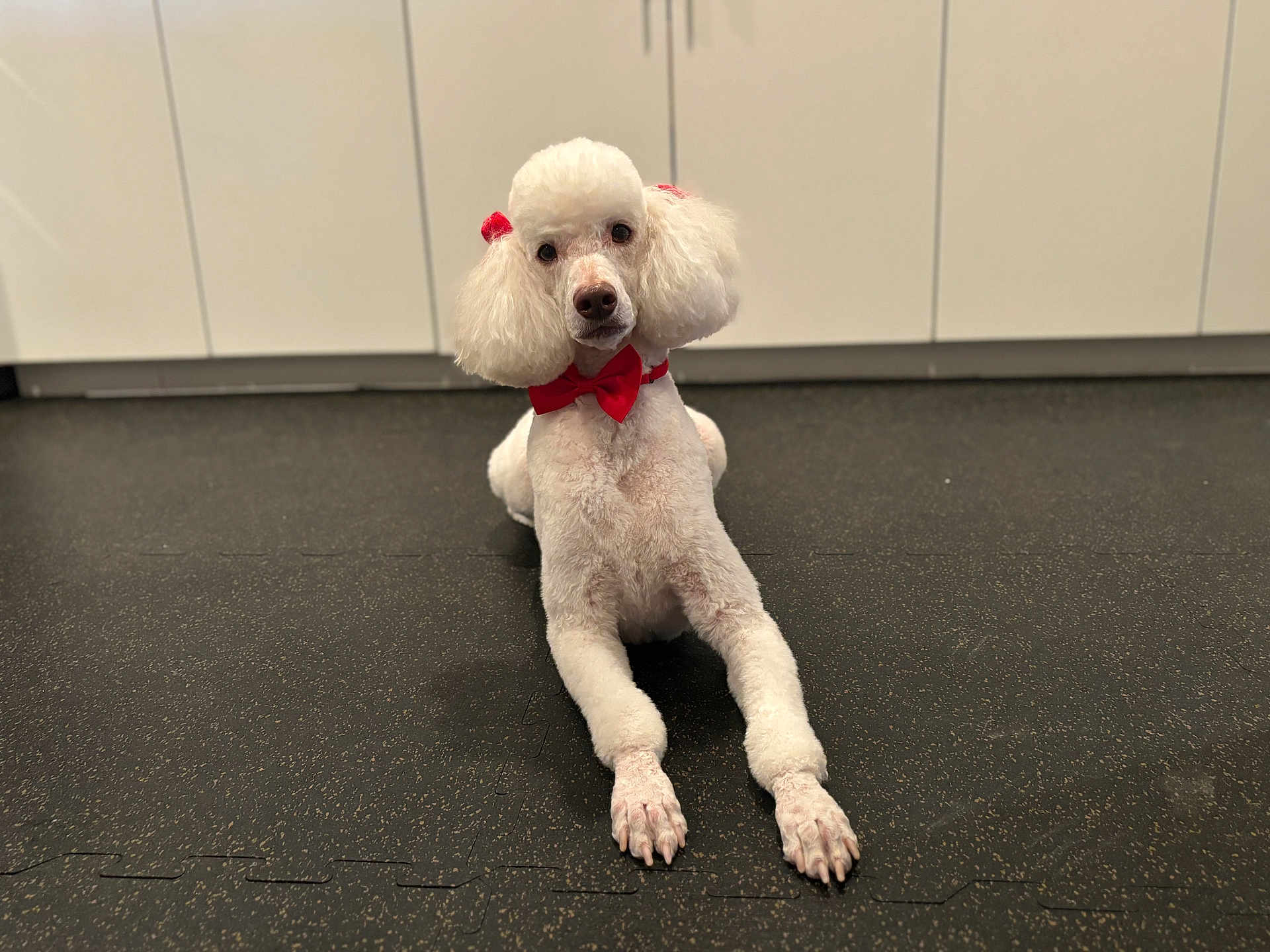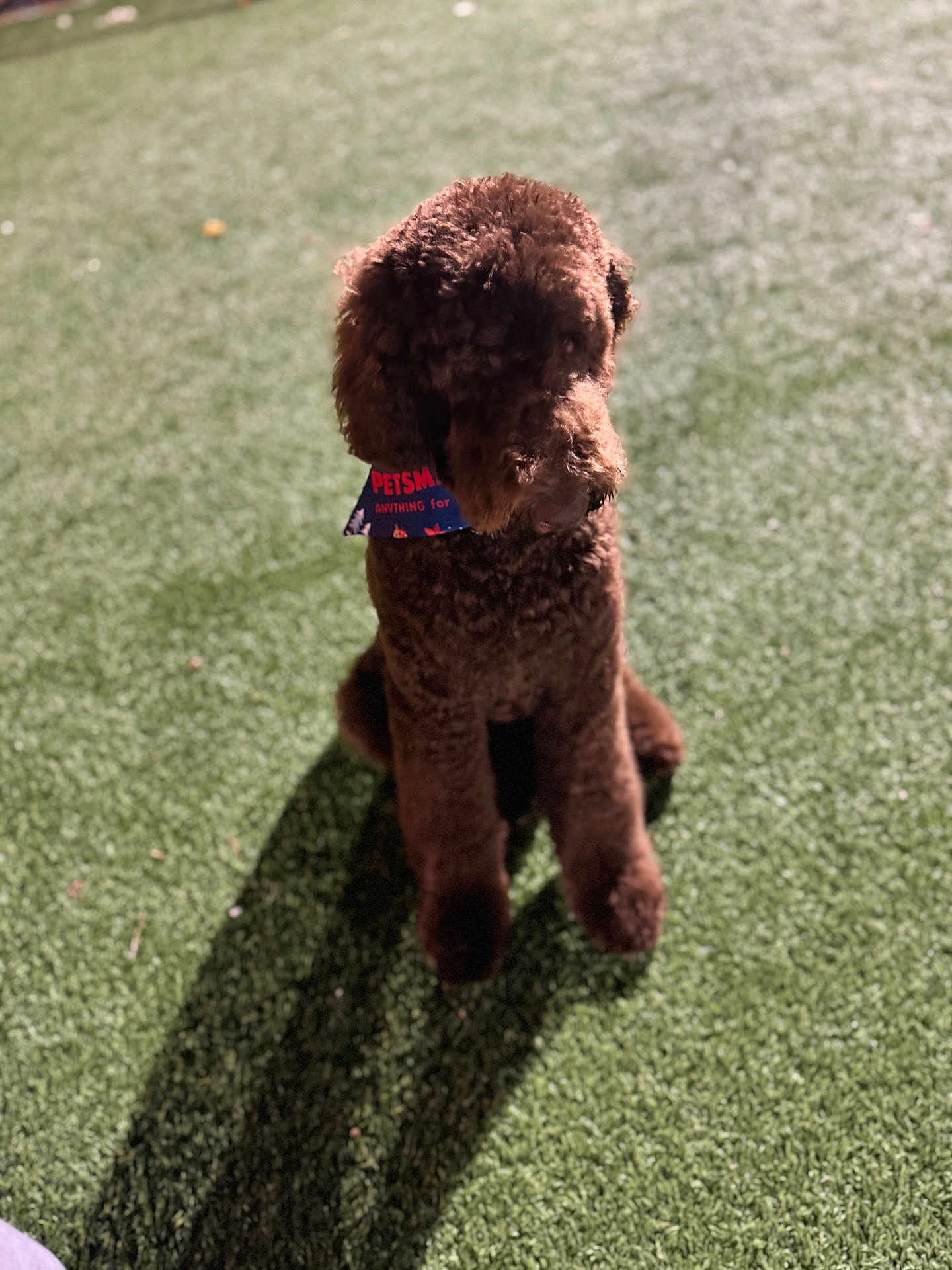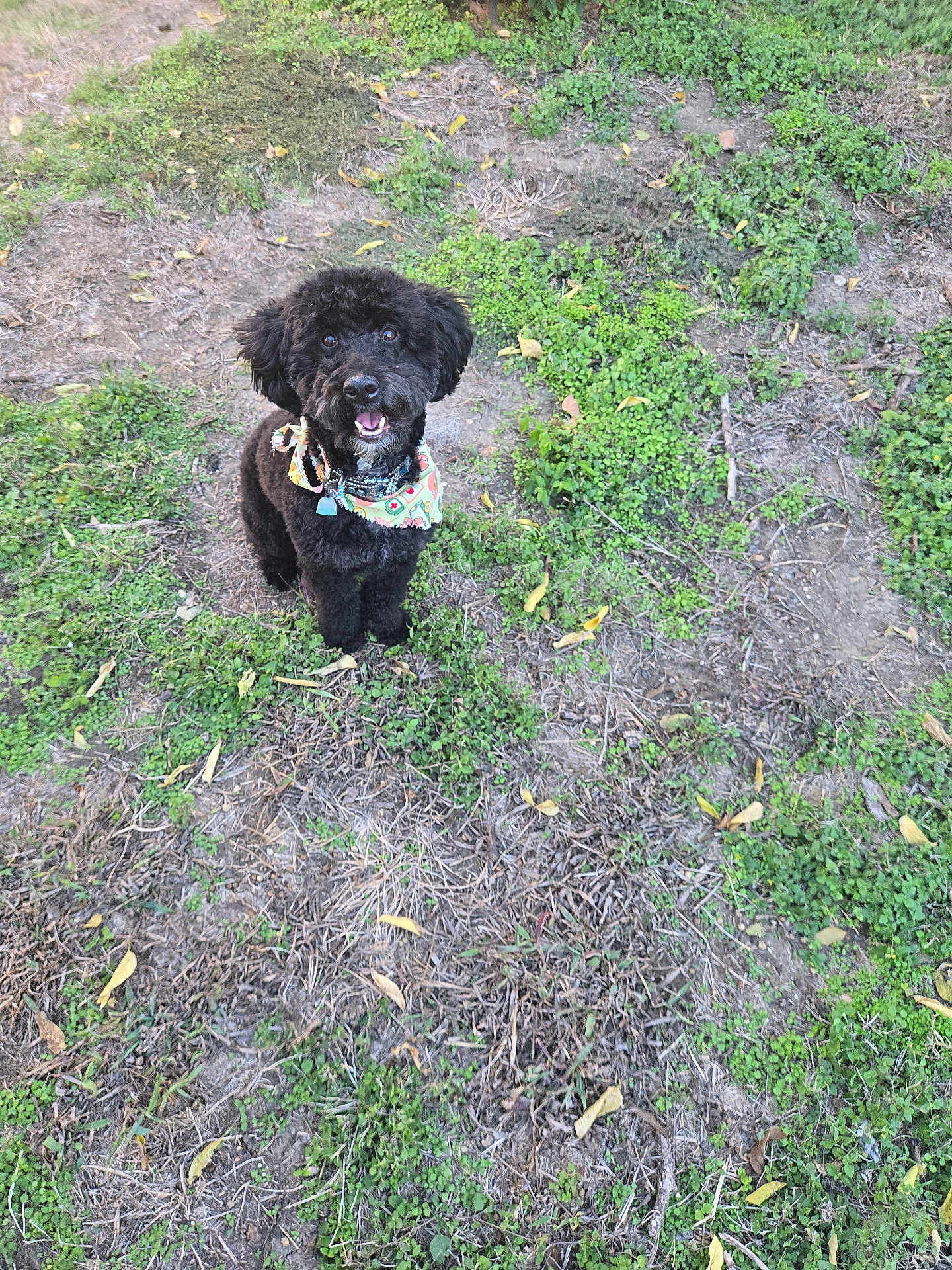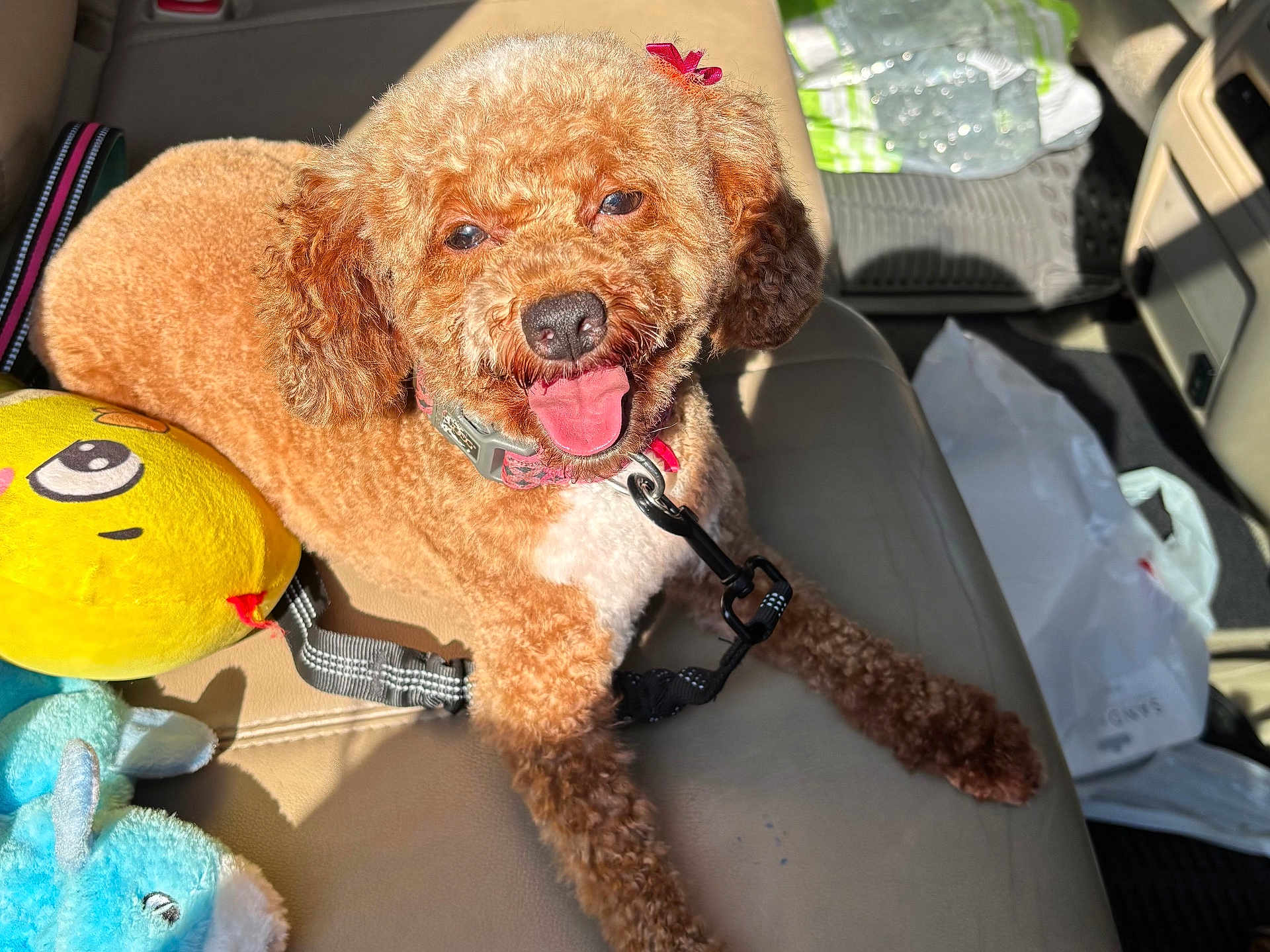
"A well-groomed Poodle, the very picture of refinement and elegance, may look like a living work of art, but they are also known for their incredible intelligence and friendly demeanor."
Personality and Behavior of the Poodle
Poodles are a brilliant breed, often regarded as one of the smartest dog breeds in the world. Their intelligence makes them highly trainable, capable of learning a variety of commands and tricks with ease. Owners often take advantage of this trait to engage their Poodles in advanced obedience training, agility courses, and even service work. This mental acuity is also paired with a lively and playful disposition, making Poodles excellent companions for active families and individuals alike.
Beyond their quick-wittedness, Poodles are known for their affectionate and sociable nature. They generally get along well with children and other pets, provided they are socialized properly from a young age. This breed thrives on human interaction and may not do well when left alone for extended periods. They demand lots of attention and are always eager to be part of family activities, whether it's a game of fetch in the backyard or snuggling on the couch.
Despite their elegant appearance, Poodles are energetic and enjoy physical activities such as swimming, running, and hiking. This trait is a nod to their origins as water retrievers, showcasing their athleticism and endurance. Their playful personality means they are always ready for a game or an adventure, making them perfect for owners who have an active lifestyle.
Poodles also have an adaptable temperament. Whether living in a city apartment or a countryside home, they can adjust well to different environments as long as their exercise and social needs are met. They are also sensitive and intuitive, often tuning into their owners' emotions, which can make them excellent therapy dogs.
Poodles have an intriguing capacity for empathy, often offering comfort to owners during stressful times, making them exceptional therapy and emotional support animals.
Meanings, History and Origins of the name Poodle
The name "Poodle" hails from the German word "Pudel" or "Pudelhund," which translates to "water dog." This etymology points to the breed’s background as a water retriever. The English name "Poodle" stuck, reflecting both its heritage and the breed’s unique characteristics.
Historically, Poodles were bred in Germany and France, prized for their ability to retrieve game from water. Royalty and nobles across Europe favored the breed for its combination of intelligence, versatility, and striking appearance. The iconic Poodle cut we see today originated from functional purposes; the shaved areas reduced drag in the water, while the longer tufts protected vital areas from the cold.
Poodles have made their mark beyond Europe as well, being imported to the United States and other parts of the world where they quickly garnered popularity. Their role has evolved significantly over the years, transitioning from working dogs to beloved companions and show stars.
The adaptability of Poodles to various jobs, from hunting to performing in circuses to being household pets, speaks volumes about their versatility and enduring appeal.
Popularity of the Poodle
Poodles have consistently maintained a spot as one of the most popular dog breeds across several countries. In the United States, the American Kennel Club frequently lists the Poodle among the top breeds, admired for its intelligence, hypoallergenic coat, and charming personality.
The breed's popularity isn't confined to the English-speaking world alone. In countries such as France, where the breed has historical significance, Poodles enjoy a prominent social status and are a common sight in parks and urban areas. Japan and other parts of Asia have also welcomed the breed warmly, partly due to their adaptable sizes—coming in Standard, Miniature, and Toy varieties—which suit various living situations from spacious homes to compact apartments.
In recent times, celebrity endorsements and appearances in movies and TV shows have further popularized the breed. The luxurious fur and distinct appearance make Poodles a favorite choice for roles demanding an air of sophistication and elegance.
Health and Care of the Poodle
Poodle owners should be mindful of the breed's specific health considerations. Poodles can be prone to certain genetic conditions such as hip dysplasia, epilepsy, and progressive retinal atrophy. Regular veterinary check-ups are essential to catch and manage any health issues early.
Diet is another important aspect of Poodle care. High-quality dog food that meets their nutritional needs is vital for maintaining their health and energy levels. Owners should consult with their vet to determine the best diet, considering factors such as the dog's age, size, and activity level. Since Poodles are active and intelligent, mental stimulation through puzzle toys or training is just as important as physical exercise.
Grooming is a prominent aspect of Poodle care due to their curly, non-shedding coats. Regular grooming sessions, including brushing, bathing, and professional haircuts, are necessary to prevent matting and keep their coat healthy. Dental hygiene and ear care should also be part of a regular grooming routine.
Training and Education of the Poodle
Training a Poodle is often a rewarding experience owing to their intelligence and eagerness to please. Basic obedience training should start early to establish good behavior and build a bond between the dog and the owner. Positive reinforcement methods, including treats and praise, work exceptionally well with this breed.
However, the Poodle's smarts can sometimes mean they get bored with repetitive training sessions. Owners should keep sessions lively and engaging to maintain the dog's interest. Incorporating variety in training activities, from agility courses to advanced tricks, can keep a Poodle mentally stimulated.
Socialization is another crucial component of training, ensuring the Poodle grows up to be well-behaved and confident in various situations. Exposure to different people, environments, and other animals from a young age helps prevent behavioral issues such as shyness or aggression.
Poodles can also benefit from advanced training, such as service or therapy dog preparation, given their high trainability and empathetic nature. Their ability to pick up on human emotions makes them particularly suited for roles that involve providing comfort and assistance.
In many cultures, the name "Poodle" doesn't undergo significant variations, remaining true to its roots, which underscores the breed’s universally recognized charm and appeal. Recently, many dog owners have leaned towards naming their Poodles with elegant and sophisticated names that reflect the breed's graceful demeanor. Names like "Bella," "Max," and "Charlie" remain popular, but more classical names such as "Giselle" or "Aston" are also trending.
Choosing the right dog breed can be influenced by a myriad of factors, including lifestyle, living situation, and personal preferences. Poodles, with their intelligence, affectionate nature, and adaptability, often make an excellent choice for many families and individuals. Whether you're seeking a playful companion, a therapeutic presence, or a keen participant in dog sports, the Poodle has much to offer.
Choosing the right dog breed is a thrilling part of becoming a pet owner, and the Poodle stands out for its blend of intelligence, grace, and loyalty. We have a lot of Poodles participating in KingPet contests, showcasing the breed's undeniable charm and versatility. The Poodle is sure to bring joy, love, and a touch of elegance to any home it enters.

